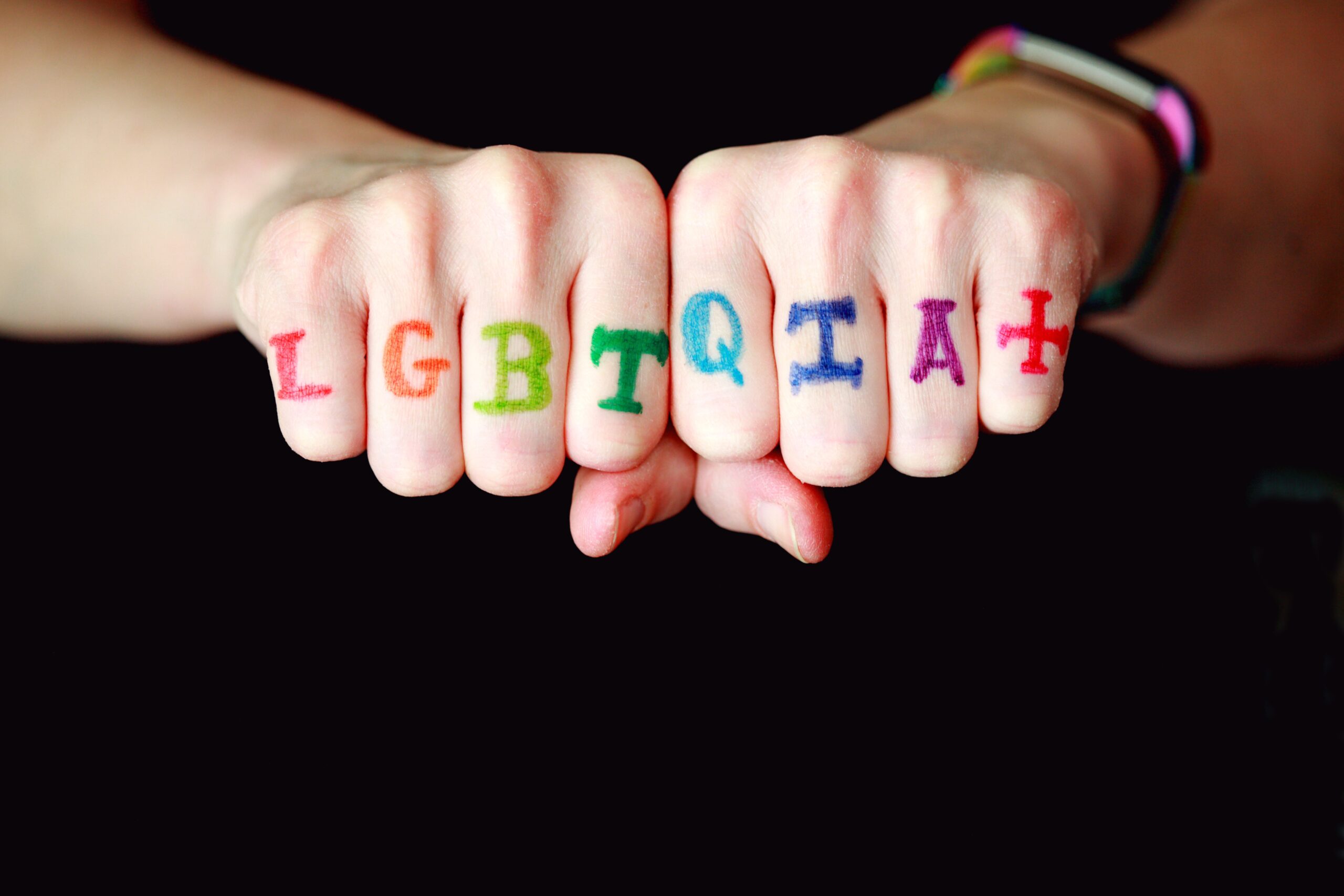The hearing for same-sex marriage spanned for 10 days in April-May, the proceedings before a five-judge Bench led by CJI DY Chandrachud about queer and same-sex marriage were live-streamed for the public. The whole nation was curious to know the constitutional future of the LGBTQ+ community. The verdict brought nothing new to the table but it gave hope that it is still decriminalised and govt and Supreme Court agreed to form a specialised committee by centre.
What did Petitioners argue about queer marriage?
Petitioners including Mukul Rohatgi, Abhishek Manu Singhvi, Raju Ramachandran, Anand Grover, Geeta Luthra, KV Viswanathan, Saurabh Kirpal, and Menaka Guruswamy, demanded the equality rights of the LGBTQIA+ community and must acknowledge a union which would ensure LGBTQIA lead a “dignified” life in society.
They also demanded legal recognition under the Special Marriage Act (SMA).
Govt’s Stand about Queer And Same-Sex Marriage?
On behalf of the Government , the Solicitor General of India Tushar Mehta raised objections to the very jurisdiction of the court to hear this case. Later, the Solicitor General said 160 different laws would be impacted after recognising same-sex marriage.
Furthermore, he said that only Parliament can make laws on such a complicated subject. It’s also against the provision of separation of power.
The central govt of India has consciously opposed the petition saying only biological women and biological men are allowed to marry by the legislative policy of India’
The central govt said that it would set up a panel headed by the cabinet secretary to examine the complexity and concerns related to homosexual marriages.
What About States?
Various responses also need to be considered by states on this same-sex petition.
Rajasthan, Assam, and Andhra Pradesh opposed the plea, and the other four — Sikkim, Maharashtra, Uttar Pradesh, and Manipur —demanded more time.
How Many Countries Recognise Same-Sex Marriage?
As per Human Rights Campaign, a US-based LGBTQ advocacy group, a total of 32 countries have recognised same-sex marriages so far. These countries are Australia, Argentina, Canada, South Africa, the United States, and Taiwan. Taiwan is the first Asian country to honour same-sex marriage.
In 22 countries this was introduced by legislation and in the remaining 10 countries It was introduced by the judiciary
TODAY’S JUDGEMENT by CJI DY Chandrachud, Justice Kaul, Justice Bhat and Justice Narasimha.
CJI’S Verdict
The CJI differed Centre’s stand that the issue of same-sex marriage can only be dealt with by the legislature, not by the judiciary.
He further said, “Queerness is neither urban nor elite”.CJI Chandrachud also opposed the idea of marriage as a stagnant and unchanging institution.
However, he says the Supreme Court is recognising the complexity that may arise through interference in the special marriage act. By diluting the Special Marriage Act provisions, the benefits of progressive legislation will be lost, says CJI Chandrachud in his verdict.
The CJI also opinionated that the Central Adoption Resource Authority (CARA) guidelines discriminate against atypical, unmarried couples to adopt children.
CARA, a government agency under the Union Ministry of Women and Child Development, lays down the rules for child adoption.
The bench allows the Centre to proceed with the proposed cabinet secretary-headed panel to address the concerns of same-sex couples, including various social services.
Justice Kaul Verdict?
Justice Kaul also joins CJI in batting for civil unions for non-heterosexual people. He said that legal recognition of civil unions for non-heterosexual couples would be a step towards real equality in marriage.
Justice Bhatt Verdict Justice Ravindra Bhat agreed with the central govt. And said that Parliament to decide on homosexual marriage equality for queer or LGBTQ+ couples. He also disagreed with the CJI about democratising the intimate spaces…
Earlier during the hearings on marriage equality, Solicitor General Tushar Mehta argued on behalf of the Central government that more than 160 laws would be impacted after the recognition of same-sex marriage. .
He cites this example to argue that the Court cannot grant a bouquet of rights without a legislative framework for same-sex marriage to give effect to the rights of queer people.
Justice Bhat also says the Centre’s high-powered committee must take a call on making policy changes.
WHAT DID JUSTICE NARASIMHA SAY?
Right, to marry is only a statutory right, and not a constitutional one, says Justice Narasimha as he reads out his judgment, “Agree with Justice Bhat that there can’t be a right to a civil union,” says Justice Narasimha. Justice Hima Kohli and justice Narasimha agreed with justice Bhatt opinion.
The whole bench agreed that marriage is not a fundamental right. Supreme Court refused to acknowledge the constitutional validity of same-sex marriages by a 3-2 majority. also, with no constitutional or fundamental right to civil unions, the Centre proposed a high-powered committee to examine concerns of same-sex couples and no right for queer couples to adopt jointly.
57 VISA-FREE COUNTRIES FOR INDIANS
BEST EXTRAMARITAL SITES IN INDIA
